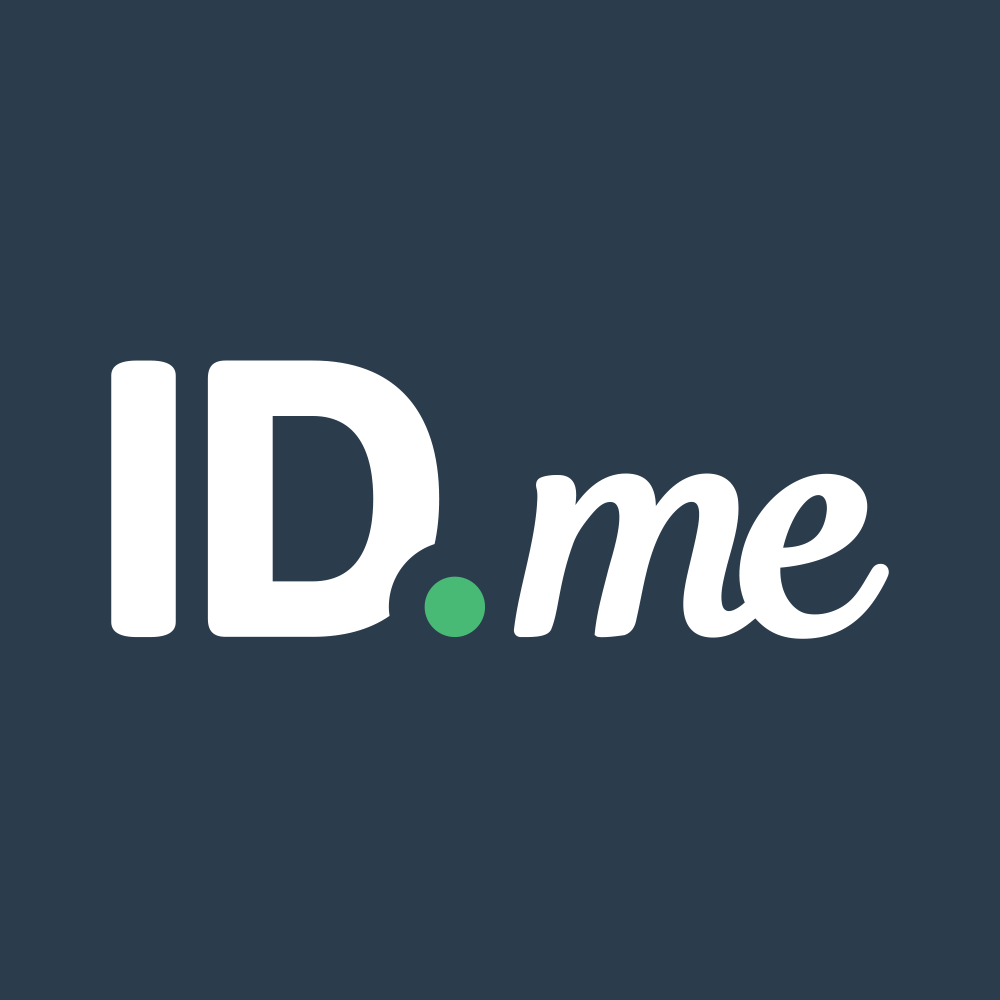Navigating the Digital Tax Landscape: Power of Attorney and ID.me Integration
In our tech-driven era, the intersection of legal frameworks and digital platforms is transforming the way we manage financial and tax affairs. For individuals requiring assistance in tax matters, the combination of a Power of Attorney (POA) and registering with platforms like ID.me is proving to be a game-changer, offering secure access to crucial tax services. Let’s explore the synergy between Power of Attorney and ID.me, shedding light on the specific forms for tax matters involving the IRS and the North Carolina Department of Revenue (NCDOR).
The Power of Attorney in Tax Matters: A Crucial Tool
A Power of Attorney for tax matters is a legal instrument that empowers a designated individual to act on behalf of another person specifically in tax-related affairs. This may include interactions with tax authorities such as the Internal Revenue Service (IRS) at the federal level and the North Carolina Department of Revenue (NCDOR) for state tax matters.
Streamlining Access with ID.me
Enter ID.me, a secure online identity verification service designed to simplify access to various online platforms, services, and benefits. From government tax agencies to financial institutions, ID.me is at the forefront of streamlining identity verification in the digital realm, enhancing security and efficiency in tax-related matters.
The Intersection of Power of Attorney and ID.me in Tax Matters
1. Digital Access for Tax POA Designees:
- Individuals armed with a valid Power of Attorney for tax matters can now seamlessly navigate digital tax spaces on behalf of others. Registering with ID.me enhances this access, providing secure entry to IRS and NCDOR portals and facilitating efficient management of tax affairs.
2. Secure Identity Verification in Tax Matters:
- ID.me incorporates advanced identity verification methods such as biometric recognition and document scanning, ensuring the highest level of security. This is particularly vital for individuals with a Power of Attorney for tax matters, safeguarding sensitive tax information against unauthorized access.
3. Efficient Handling of Tax Matters:
- Many tax-related transactions require robust identity verification. The combination of a valid Power of Attorney for tax matters with ID.me allows for the streamlined and secure handling of official tax matters, from filing tax returns to managing tax accounts.
4. Remote Accessibility for Tax Affairs:
- The synergy between a Power of Attorney for tax matters and ID.me eliminates the need for physical presence, enabling remote management of tax affairs. This is particularly advantageous in situations where geographical distance or mobility challenges may pose tax-related impediments.
5. Privacy and Control in Tax Matters:
- ID.me places a strong emphasis on user privacy and control over personal tax information. This aligns seamlessly with the principles of a Power of Attorney for tax matters, ensuring that sensitive tax data is handled responsibly and in accordance with the individual’s tax-related wishes.
Specific Forms for Power of Attorney in Tax Matters
- IRS Form 2848 (Power of Attorney and Declaration of Representative):
- This form authorizes an individual to represent the taxpayer before the IRS. It allows the designated representative to receive confidential tax information and act on behalf of the taxpayer.
- NCDOR Form GEN-58 (Tax Information Release Authorization):
- For matters related to the North Carolina Department of Revenue, Form GEN-58 grants the designated individual the authority to receive and inspect confidential state tax information on behalf of the taxpayer.
Conclusion: A Secure Bridge to Digital Tax Efficiency
The integration of Power of Attorney and ID.me in tax matters signifies a powerful alliance, empowering individuals, and their designated representatives to navigate the digital tax landscape with confidence. Ahttps://clients.twilawiltcpa.com/january-insights/technology advances, these tools bridge the gap between traditional legal frameworks for tax matters and the evolving requirements of our interconnected world. By embracing this synergy, we create a pathway to inclusive, accessible, and streamlined tax processes for all.
It’s important to note that tax regulations may vary, and it’s advisable to consult with a tax professional or legal advisor to ensure compliance with state-specific requirements and to use the most current versions of the forms mentioned.
